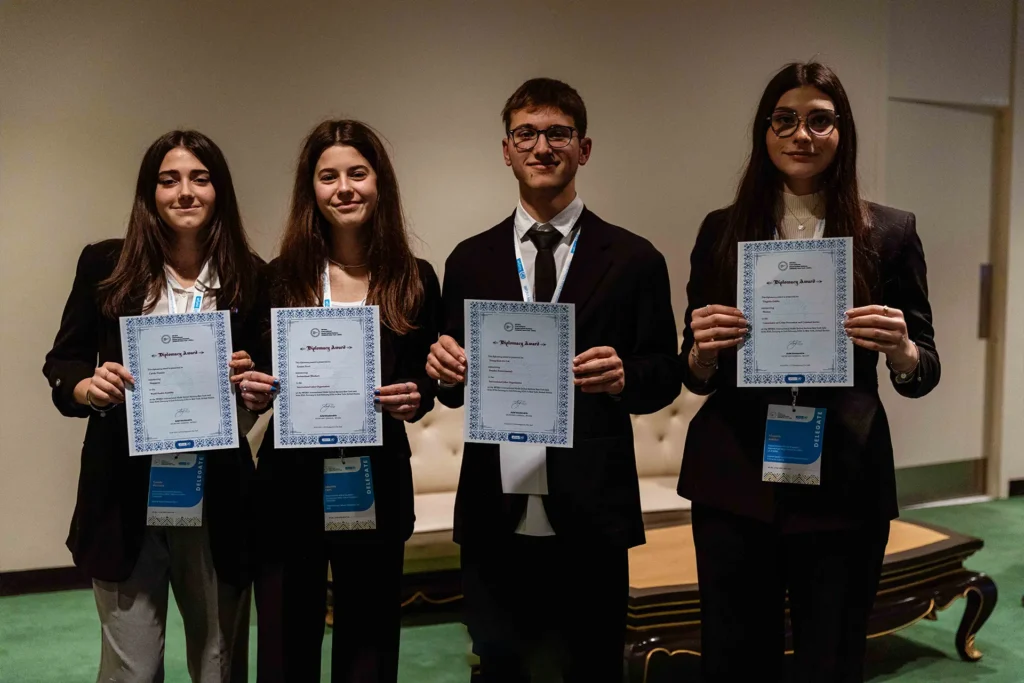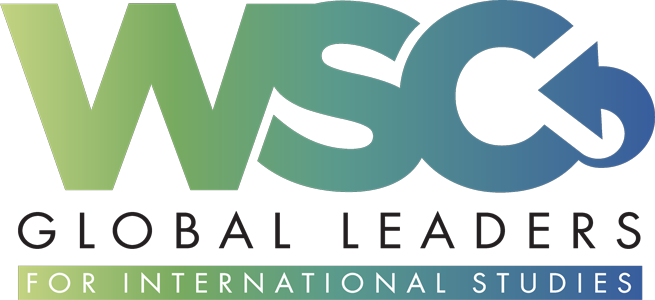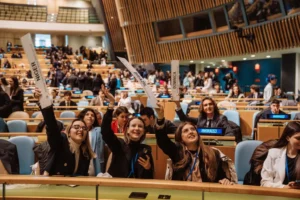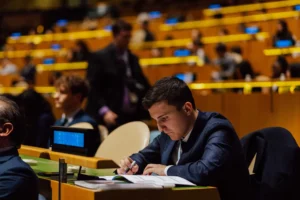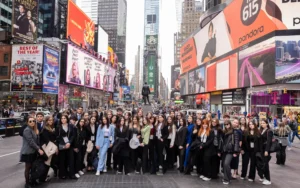Table of Contents
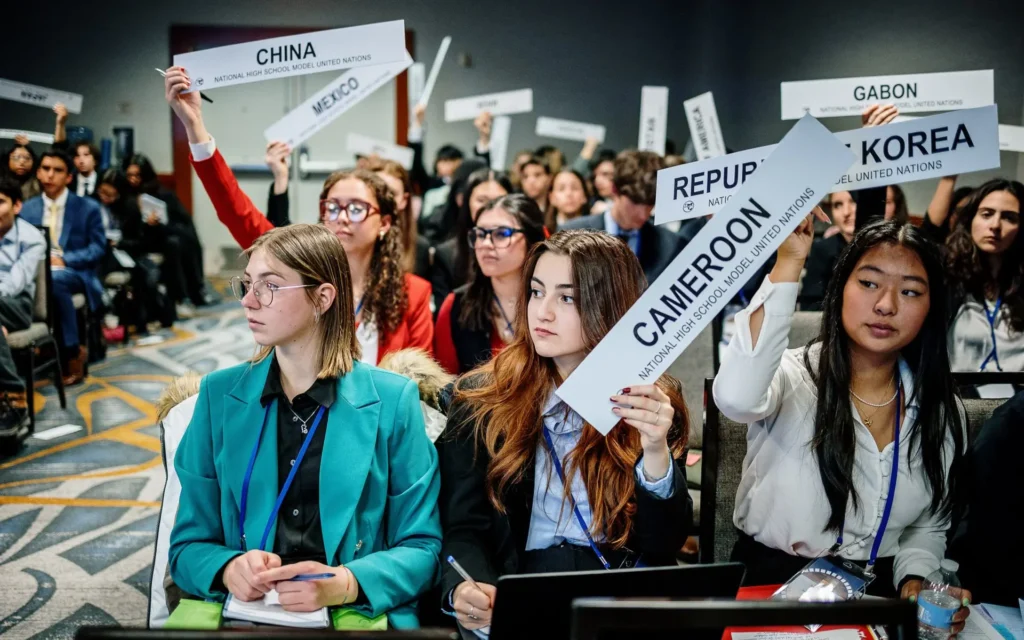
1. Understanding the Model United Nations (MUN)
a. What is MUN? Model United Nations is a simulation of the United Nations where participants assume roles as delegates representing member countries. Each participant debates global issues and seeks to resolve problems through negotiations and the drafting of resolutions, following UN procedures.
b. Objectives of MUN:
- Develop diplomatic and leadership skills.
- Improve public speaking and negotiation abilities.
- Gain a deeper understanding of global issues and international dynamics.
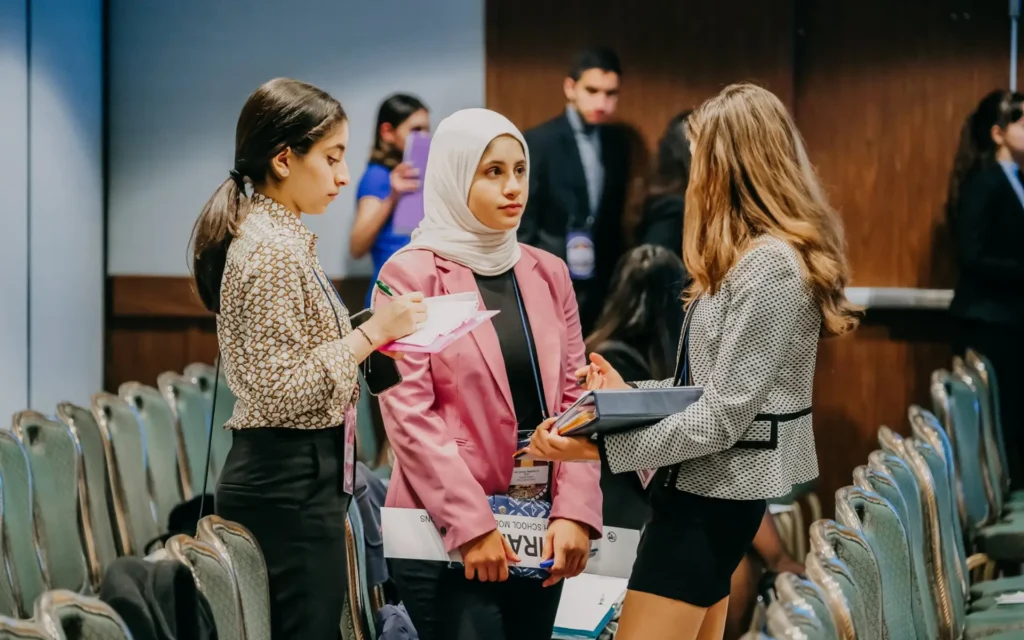
2. Thematic Research and Preparation
a. Committee and Agenda Study:
- Identify the Committee: Find out which committee (e.g., Security Council, General Assembly, UNICEF) you will be participating in and what its goals and functions are.
- Agenda and Topics: Review the conference’s agenda and study the topics that will be discussed. Each topic is usually divided into subtopics. Delve into each subtopic for a comprehensive understanding.
b. Specific Research:
- Official Sources: Consult United Nations reports, international organization studies, and academic research documents.
- Recent News: Stay updated on recent news related to the topic. Recent positions and statements can provide insight into how various global actors are addressing the issue.
3. Preparing for Your Assigned Country
a. Country Analysis:
- Domestic Politics: Study the political system, recent history, and economic situation of your assigned country.
- Foreign Policy: Examine your country’s international positions and alliances. Understand its priorities and diplomatic strategies.
b. Historical and International Positions:
- Previous Resolutions: Check how your country has voted on similar issues in the past. This will help you formulate consistent and credible positions.
- Political Allies and Adversaries: Identify your country’s key allies and opponents and its bilateral relationships.
4. Drafting Essential Documents
a. Position Paper:
- Structure of the Position Paper: A Position Paper typically includes an introduction to the issue, your country’s stance, its policies, and recommendations.
- Writing and Reviewing: Draft the Position Paper clearly and accurately. Ensure it reflects your country’s position. Have a mentor or colleague review it for errors or inconsistencies.
b. Resolutions:
- Structure of Resolutions: Resolutions are formal documents proposing solutions to specific problems. Study resolution formats and prepare preliminary drafts.
- Writing Process: Learn to draft resolutions in the official format, including preambular and operative clauses. Practice revising drafts based on feedback received during negotiation sessions.
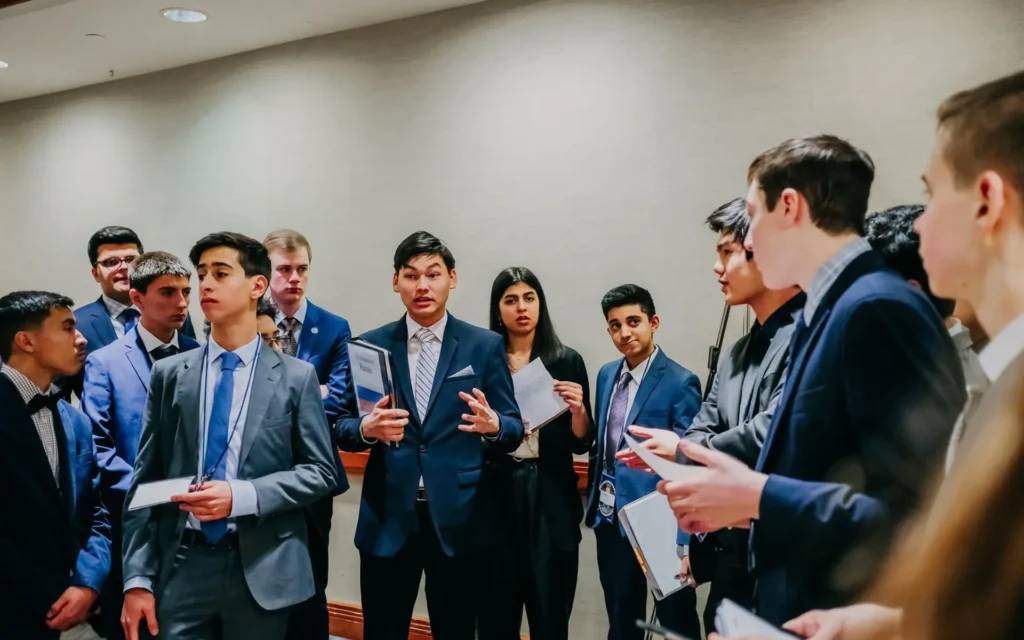
5. Public Speaking and Negotiation Skills
a. Public Speaking Techniques:
- Speech Preparation: Practice your speeches, focusing on clarity, emphasis, and persuasiveness. Ensure you have well-structured speeches for each session.
- Simulations: Practice public speaking with simulations or in front of friends or family.
b. Negotiation Strategies:
- Compromise and Consensus: Learn to negotiate and find compromises. Familiarize yourself with techniques for achieving consensus and working with others.
- Role-Playing: Engage in role-playing sessions to enhance your ability to negotiate and resolve conflicts.
6. Understanding MUN Rules and Procedures
a. MUN Regulations:
- Manuals and Guidelines: Study the event’s MUN manual and guidelines. Familiarize yourself with discussion procedures, speaking times, and voting methods.
- Protocol and Etiquette: Follow the official protocol and etiquette of the MUN. Maintain a professional and respectful demeanor throughout the conference.
b. Agenda:
- Timelines: Review the agenda to understand the conference schedule and session timings.
- Session Schedule: Prepare a personal timeline to manage your time effectively during the sessions.
7. Logistical Preparation
a. Documentation and Materials:
- Essential Documents: Bring all necessary documents, including badges, research notes, Position Papers, and support materials.
- Organization: Keep all materials well-organized and easily accessible during the conference.
b. Attire and Behavior:
- Dress Code: Follow the event’s dress code, which typically requires formal attire (e.g., suit and tie for men; business suit for women).
- Behavior: Maintain a professional attitude and respectful demeanor at all times.
8. Networking and Collaboration
a. Networking:
- Interactions: Use breaks and informal sessions to interact with other delegates, organizers, and experts.
- Connections: Build connections that could be useful for future conferences or professional opportunities.
b. Collaboration:
- Study Groups: Join study groups or online forums to discuss and exchange ideas with other participants.
- In-Event Collaboration: Work with other delegates to develop resolution proposals and find common solutions.
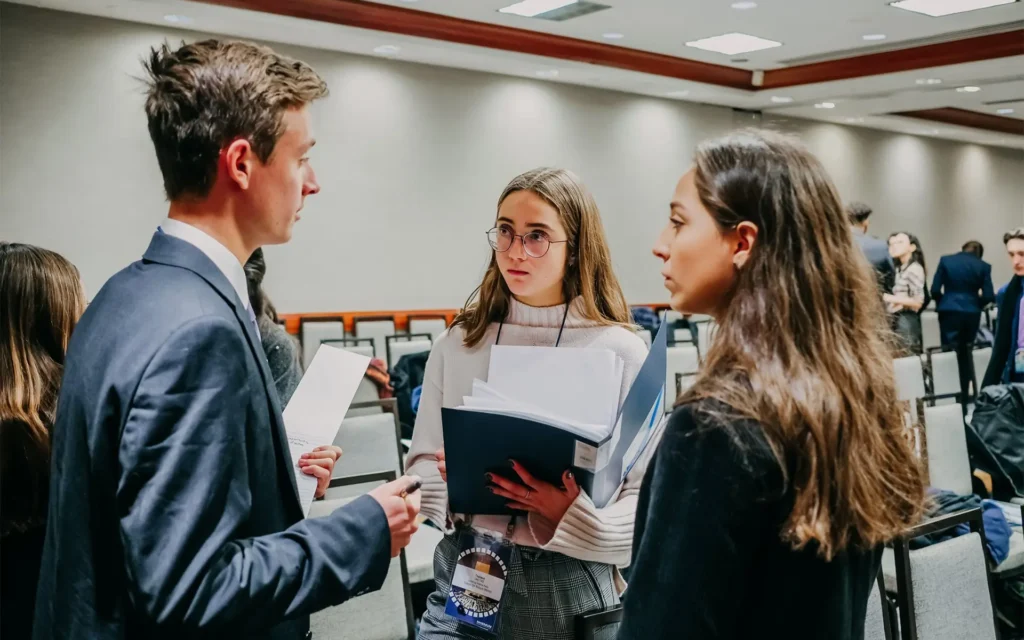
9. Final Review and Mock Sessions
a. Mock Sessions:
- Rehearsals: Participate in full mock sessions to get accustomed to the format and dynamics of MUN sessions.
- Feedback: Seek feedback on your speeches and resolutions to make further improvements.
b. Final Review:
- Check: Review all your preparations to ensure that all documents are ready and you are prepared for the conference.
Conclusion
Thorough preparation is key to a successful Model United Nations experience. By dedicating time to research, drafting documents, developing skills, and understanding the rules, you will be well-equipped to approach the conference with confidence and competence. Remember, MUN is not only an opportunity to learn and grow but also to have fun and make new friends. Good luck with your preparation and enjoy your conference!
